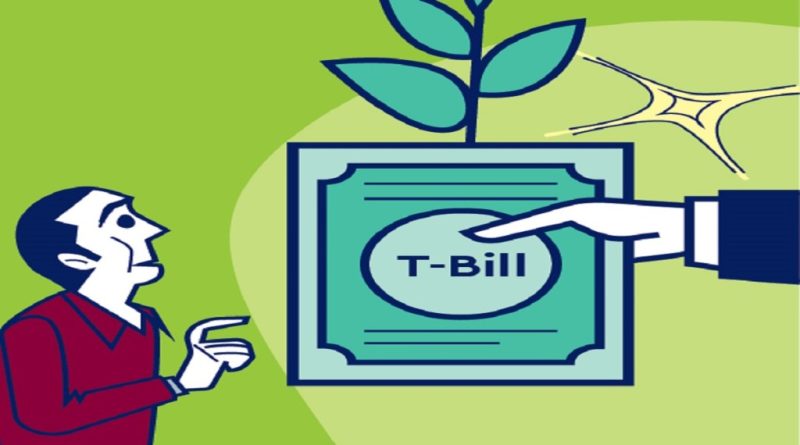Yields on treasury bills fell further on Sunday as banks continued to pour idle funds into government securities amid sluggish private-sector credit growth ahead of the national elections.
According to Bangladesh Bank data, the cut-off yield on the 91-day T-bill dropped to 9.44% from 9.51% in the previous auction. The 182-day T-bill yield declined to 9.63% from 9.71%, while the 364-day T-bill fell to 9.54% from 9.60%.
The government mobilised Tk 75 billion through these three instruments to help finance its budget deficit.
A senior central bank official said most banks are investing in risk-free government securities due to subdued demand for private-sector loans. “Credit demand has remained weak ahead of the general election, so banks are channelling their excess liquidity into T-bills,” the official said.
Private-sector credit growth slowed to 6.35% year-on-year in August 2025, down from 6.52% a month earlier, reflecting weaker business confidence and cautious lending.
At the same time, deposit growth in the banking system has accelerated, rising to 10.01% in August from 8.42% in July, adding further downward pressure on T-bill yields.
The central bank expects the current trend of declining yields to continue in the coming weeks.
Currently, Bangladesh issues four types of T-bills — with maturities of 14, 91, 182, and 364 days — to manage short-term borrowing needs. The government also offers five treasury bonds with tenures of two, five, 10, 15, and 20 years for long-term financing.






